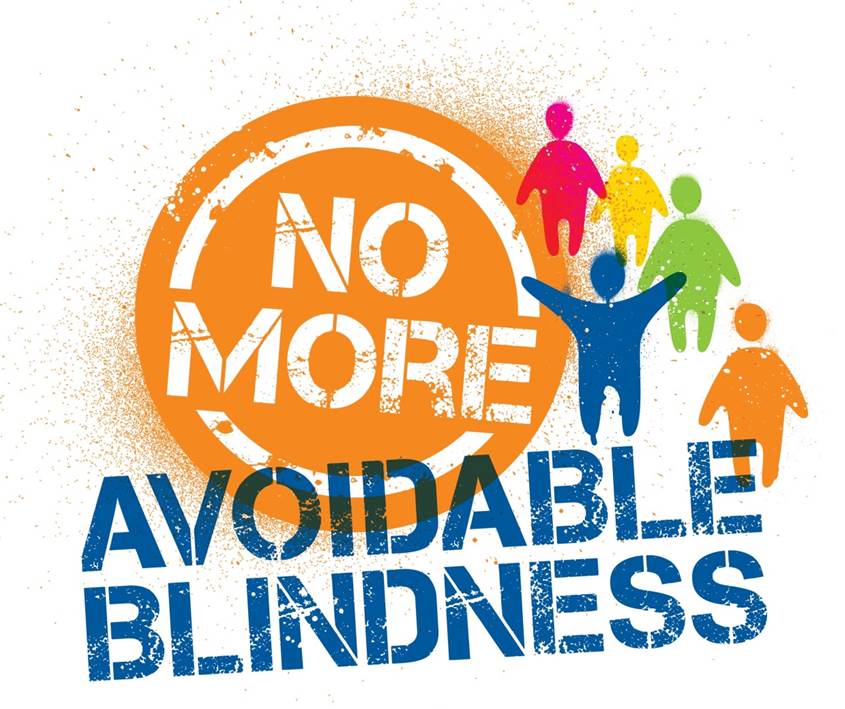
Our founder, Dr Mahipal Sachdev, is an internationally renowned eye surgeon and humanitarian. We are driven by Dr Mahipal’s vision to eliminate avoidable blindness, for the most socially and economically backward people, especially the elders to have access to quality eye health services and to stand up for what is right.
There are more than 8 million* blind people in India. That’s about 30% of the world’s total blind population – most of whom went blind unnecessarily. The reasons behind avoidable blindness run deeper than the eye diseases that cause them. They result from – and lead to – poverty, and are often accompanied by social exclusion and early death.
Shockingly, 75% of all visual impairment can be prevented or treated.
What is Avoidable Blindness?
Avoidable blindness is defined as blindness which could be either treated or prevented by known, cost-effective means.
Eye diseases like cataract, trachoma and diabetic retinopathy can lead to blindness when, in fact they’re either treatable or preventable.
The reason people live with blindness is that they can’t access quality eye health care. In many cases, a straightforward 20-minute operation can restore sight.
Reaching Out with eye care to those who need it the most
There are many marginalized elders and working people who need cataract surgery, but can’t afford to pay for it. They have no insurance and don’t qualify for any other form of governmental assistance. The foundation aims at bringing affordable and quality eye care services at the door steps of such people.
Today NDCFS Foundation reaches the most unreachable patients wherever its services are needed. The NDCFS Foundation works to overcome barriers impeding delivery of cataract care to underserved, needlessly blind people in the region. Our efforts are focused on eradicating preventable and curable blindness with a concurrent strategy to provide high-quality care, train local personnel and establish a world-class eye care infrastructure where most needed.
Our robust program and innovation rests in our delivery system, commitment to skills-transfer and ability to provide high-quality surgical care in remote settings, reaching patients who would never make it to a hospital.
Most of the time what it takes to help someone see is relatively straightforward – removing a cataract, prescribing glasses, providing access to antibiotics or raising awareness of good eye care can be enough to prevent a lifetime of blindness.
